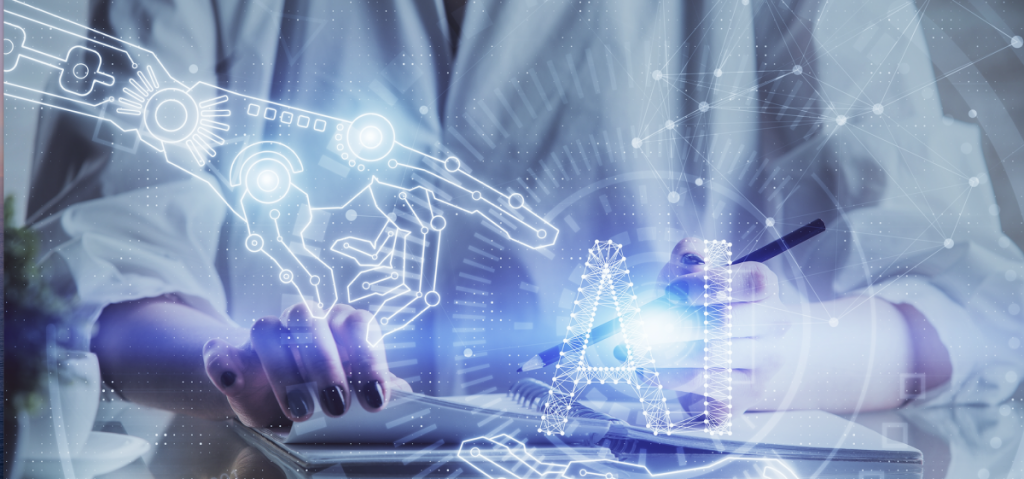
Algoriths could be a useful tool to help people and companies with decisions, researchers say. (Source: Adobe Stock)
AI May Be Able to Generate Answers for People Seeking Life Directions
Steven Zeitchik has penned a fascinating piece for washingtonpost.com that asks a simple question. Why don’t we turn 2022 over to AI and let it make the major decisions in our lives?
Considering the state of the world lately, it’s not an outrageous notion to bring AI to the table. Or as Zeitchik poses, at least let AI help with your New Year’s resolutions.
Even the Smithsonian has another idea for 2022: What if instead of relying on our own resolutions, we asked an AI what it thinks we should do? Starting this weekend, the “Futures” exhibit both online and at its Arts and Industries Building offers a “Resolutions Generator,” an AI that makes suggestions on what commitments we should undertake for 2022.
Designed by AI researcher-writer Janelle Shane, the generator’s odd results are deliberate; she purposely trained the AI (the powerful GPT-3) with some of the wackier resolutions humans have put online, then set its parameters wide.
“We wanted the AI to come up with the kind of interesting resolutions we’re not thinking of,” Shane said. “We wanted whimsy,” added Rachel Goslins, the director of the Arts and Industries Building, “with a little bit of real.”
So a little bit of the whimsy that the generator came up with looks like this:
“Change my name to one of my favorite shapes,” it suggests, or “Every Friday for a year I will wear a different hat.” And, “Every time I hear bells for a month, I will paint a potato.”
Could AI Seriously Improve Human Decisionmaking?
Zeitchik had fun using the generator with some silly interactions that he includes in the article but he also shows some potential for AI being used in the larger, less whimsical decisions that need to be made in the coming year of 2022. Especially regarding the virus.
There’s growing evidence that deploying AI, which can “think” faster and differently, will pay dividends in the real world. A Stanford study last month concluded that AI sped up discoveries on coronavirus antiviral drugs by as much as a month, potentially saving lives. Canadian researchers in September found that AI made consistently better choices than doctors in treating behavioral problems. Even a buttoned-down institution, like Deloitte, has an analyst who persuasively argues that we should use AI, not humans, to update government regulations.
So whether we worry about making the wrong choices in life or if we trade that worry and give it to AI to make the decisions, we will still worry. At least until the AI we use proves to us it always protects our best interests. The article is amusing, but also contains gravity in its ideas.
read more at washingtonpost.com







Leave A Comment